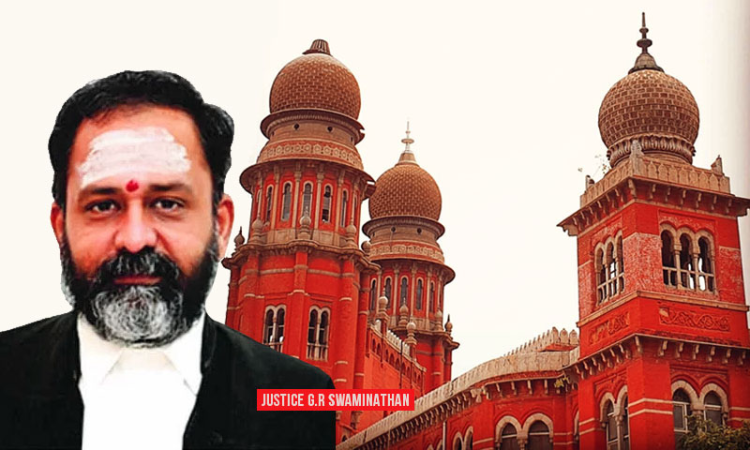In a verdict emphasizing the right to dignity of mentally disabled persons, the Madras High Court held that they are entitled to have the assessment done at their residences for the purposes of getting disability certificate under the Rights of Persons with Disabilities Act 2016.A single bench of Justice GR Swaminathan issued the direction after taking note of the hardships underwent by...

